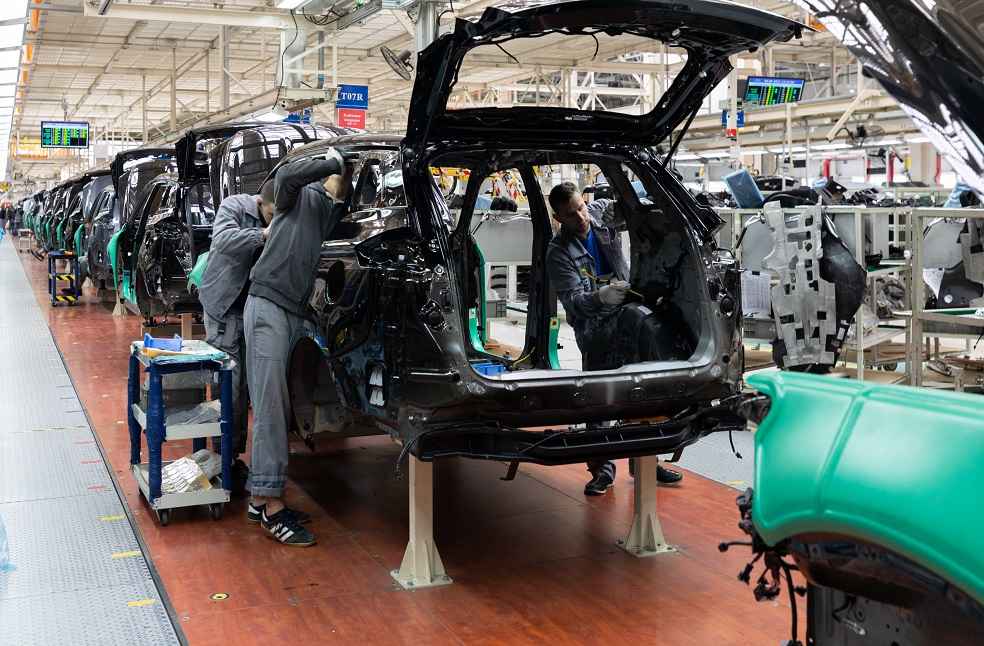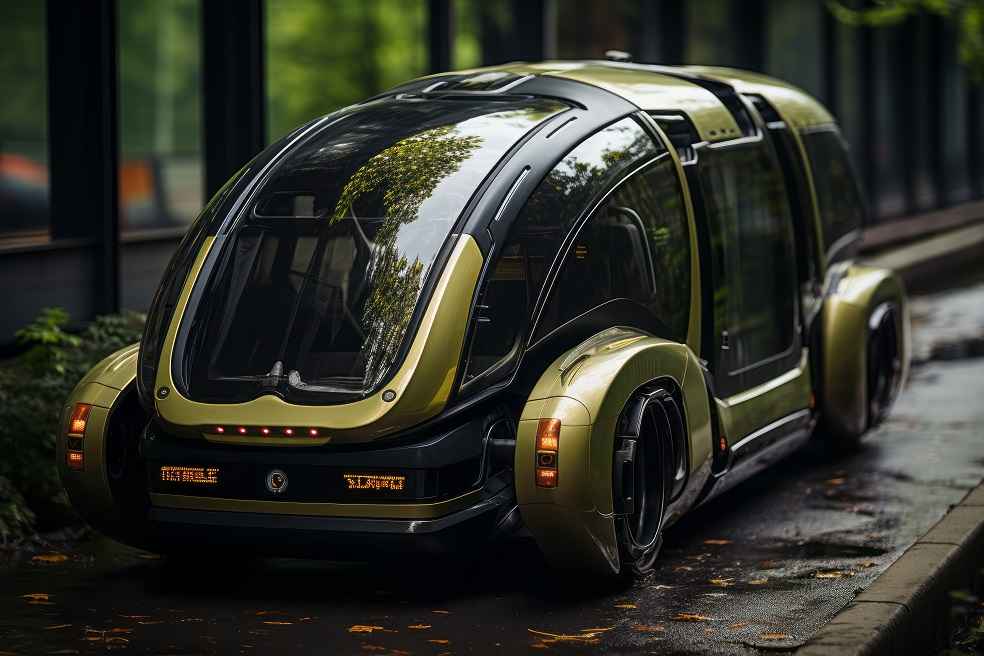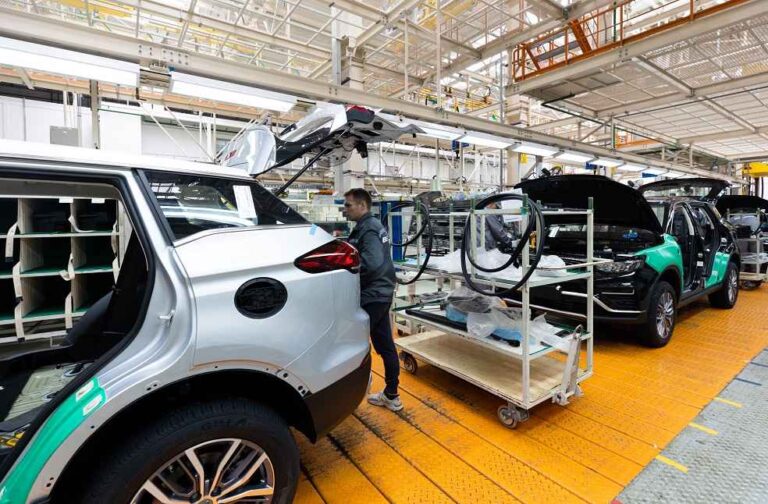As the United States and the European Union tighten sanctions on Chinese electric vehicles (EVs), Chinese EV makers are increasingly turning their attention to Africa. This strategic pivot is marked by a surge in exports, the establishment of flagship stores, and the development of assembly plants across the continent.
Rapid Growth in African Markets
In 2023, Chinese new energy vehicle exports to Africa recorded a remarkable 291% year-on-year growth, according to industry reports. Electric buses produced in China are now a regular feature on roads in countries such as Ethiopia, Kenya, Rwanda, and South Africa, underscoring their growing presence in the region.
Egypt: A Strategic Hub for Chinese EV Makers
Egypt has emerged as a focal point for Chinese EV investments due to its strategic location at the intersection of Asia, Africa, and Europe. Major Chinese companies, including BAIC Group and Geely Auto’s premium EV brand Zeekr, have announced ambitious plans to enter the Egyptian market.
BAIC Group is set to establish an assembly plant in Egypt in partnership with Alkan Auto, a subsidiary of the EIM Group. By the end of 2025, this facility is projected to produce 20,000 EVs annually, with plans to scale up to 50,000 units within five years. Leveraging Egypt’s geographical advantage and the Suez Canal’s role in global trade, the plant aims to serve domestic demand while exporting vehicles to other African nations and the Middle East.

Zeekr has also revealed plans to launch operations in Egypt by the end of the year. The company has partnered with EIM Group to build a comprehensive sales and service network in the country. Egypt’s low labor costs, abundant sunlight for renewable energy initiatives, and its inclusion in the African Continental Free Trade Area further enhance its attractiveness for Chinese EV makers.
Expanding Footprint Across Africa
Beyond Egypt, Chinese EV manufacturers are strengthening their presence in other African nations. Chery is planning an assembly line in Kenya, a move reportedly made before the EU’s announcement of additional tariffs on Chinese EVs in July. Similarly, BYD and XPeng have expanded operations to countries like Morocco, Kenya, Rwanda, and South Africa.
In September, BYD introduced three new EV models in Kenya, following launches in Zambia and Madagascar. This brings BYD’s presence to 12 African markets, demonstrating the rapid expansion of Chinese EV brands across the continent.
Africa: A Promising Future for Chinese EVs

The shift toward Africa reflects the strategic response of Chinese EV makers to growing trade restrictions in Western markets. By capitalising on Africa’s growing demand for clean energy solutions, low production costs, and strategic location, Chinese EV brands are positioning themselves as key players in the continent’s automotive landscape.
This expansion is not only reshaping the African EV market but also reinforcing the global ambitions of Chinese automakers, setting the stage for stronger economic ties between Africa and China.
Meanwhile, data from China’s General Administration of Customs shows that Chinese electric vehicle exports to the European Union declined by 14.6% in the first half of 2024 compared to the same period last year. However, Xu Hongming, president of the Global Alliance of Overseas Chinese Societies of Automotive Engineers and the UK Chinese Society of Automotive Engineers, expressed hope that the industry could evolve into a driver of international cooperation.
EV WORLD | Mercedes-Benz Unveils Europe’s First EV Battery Recycling Plant





